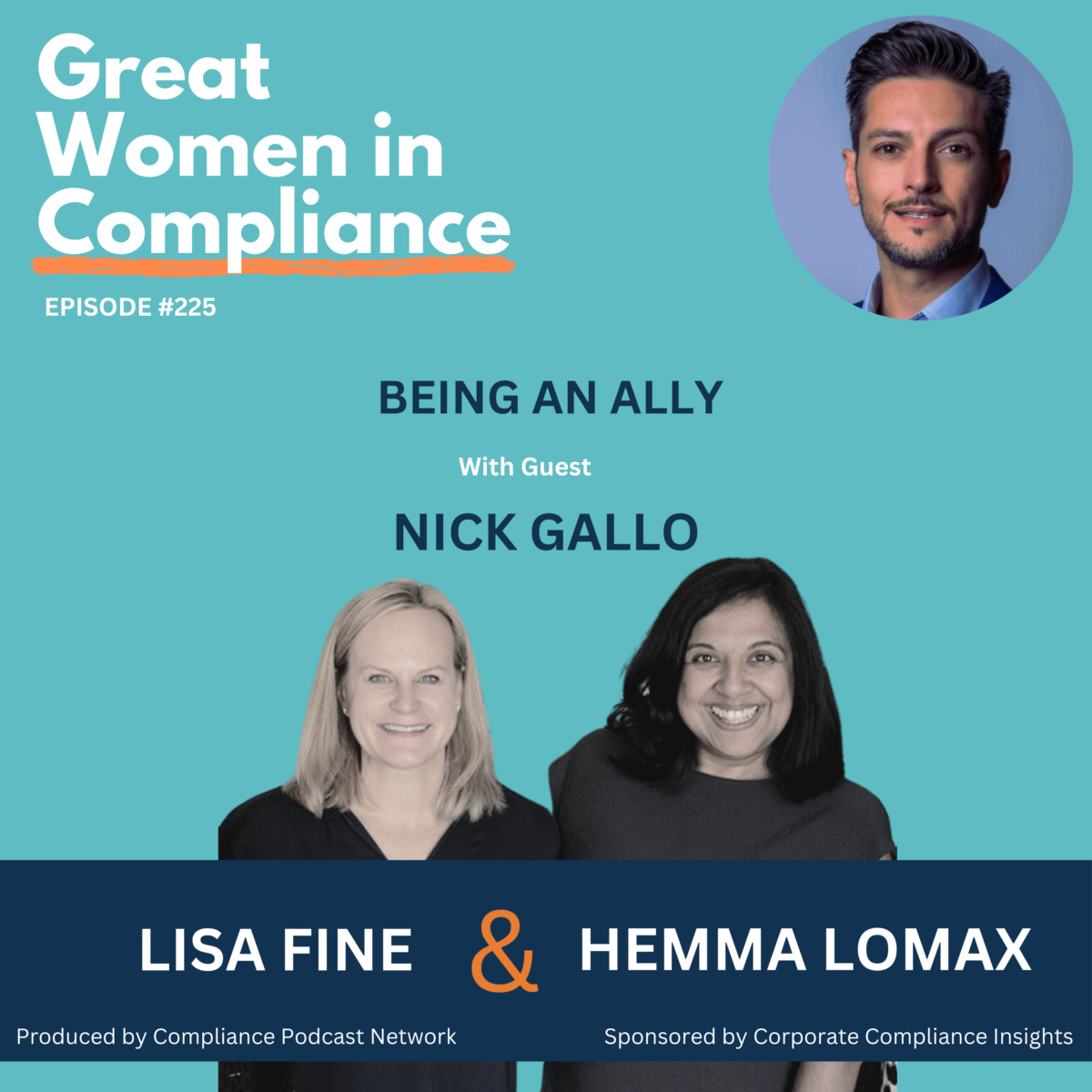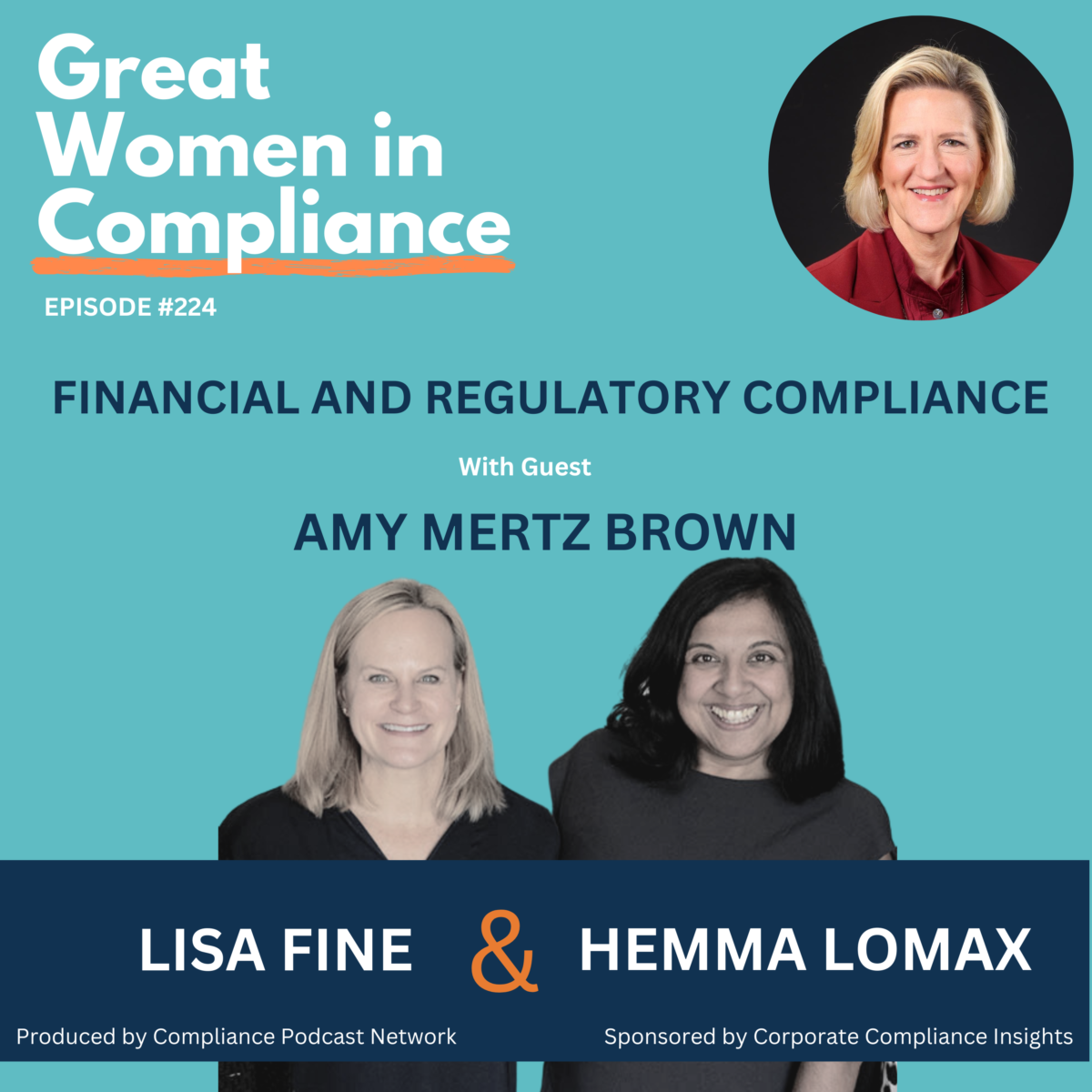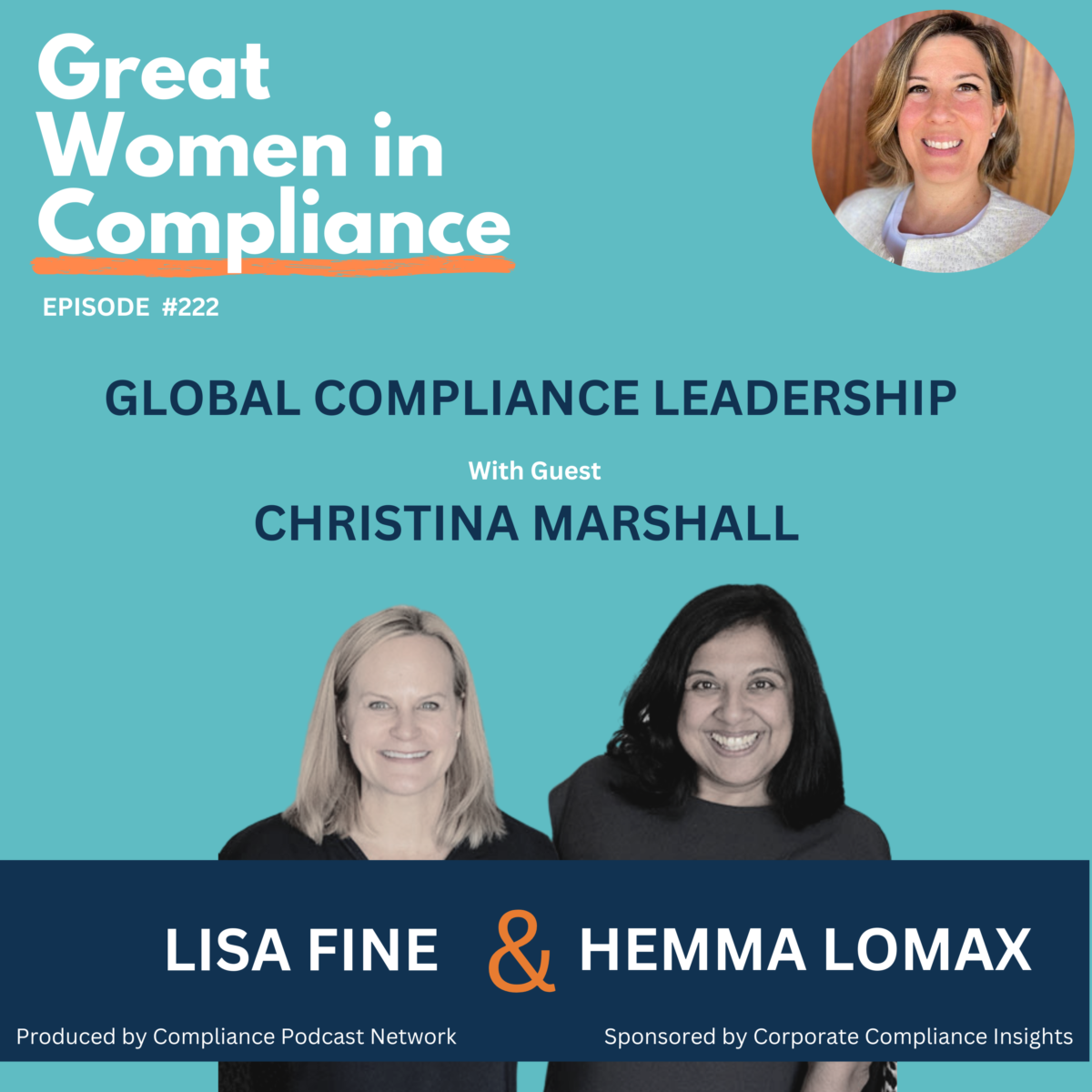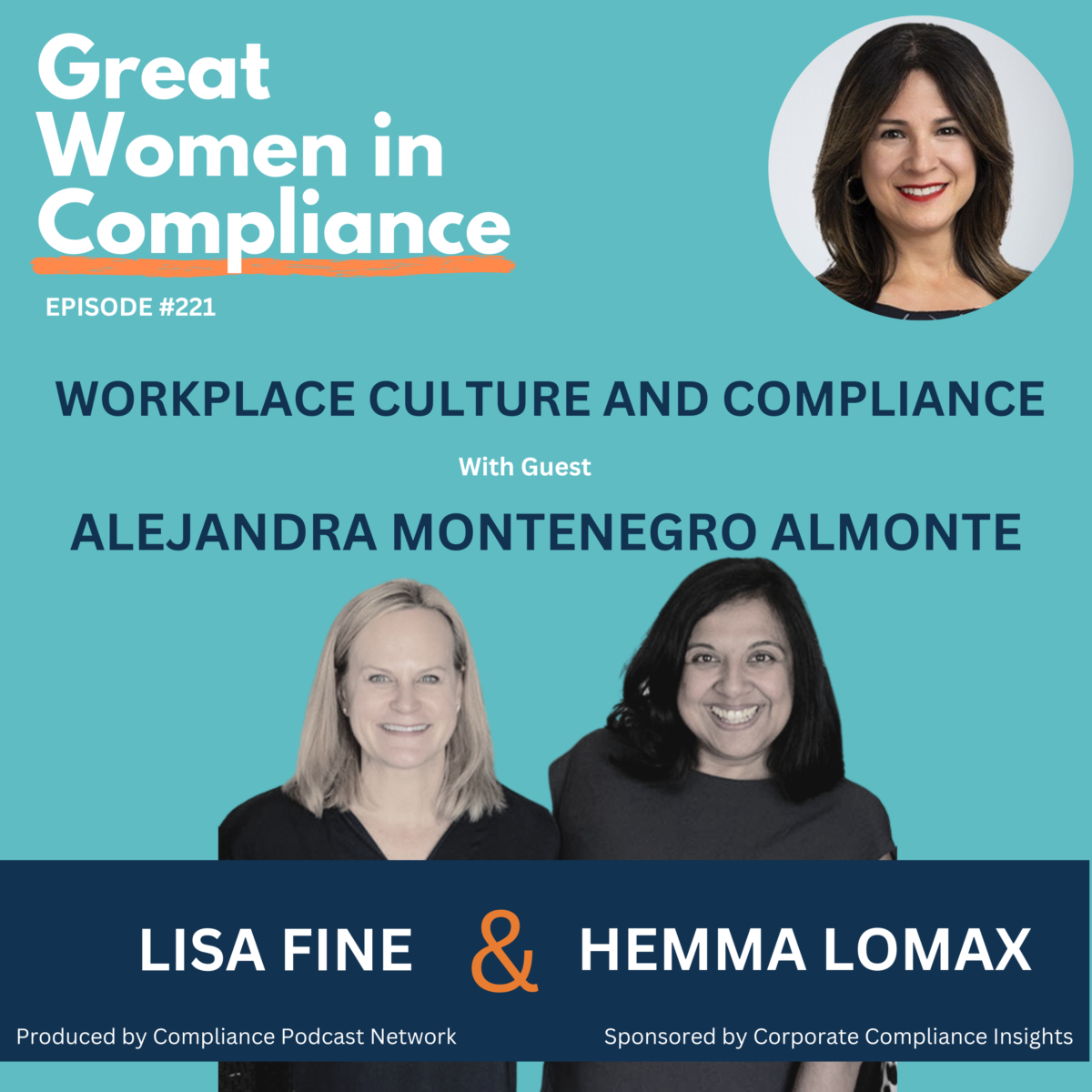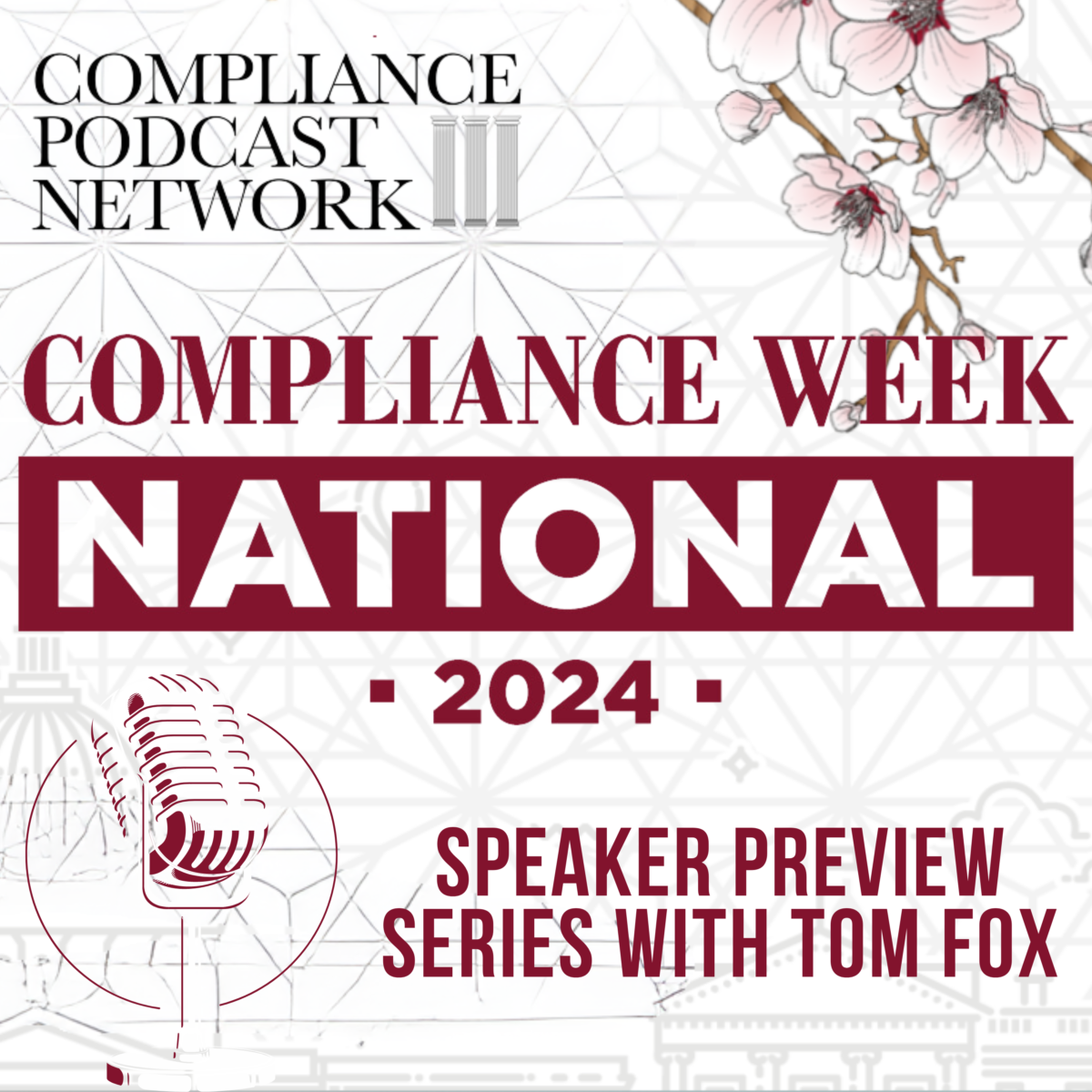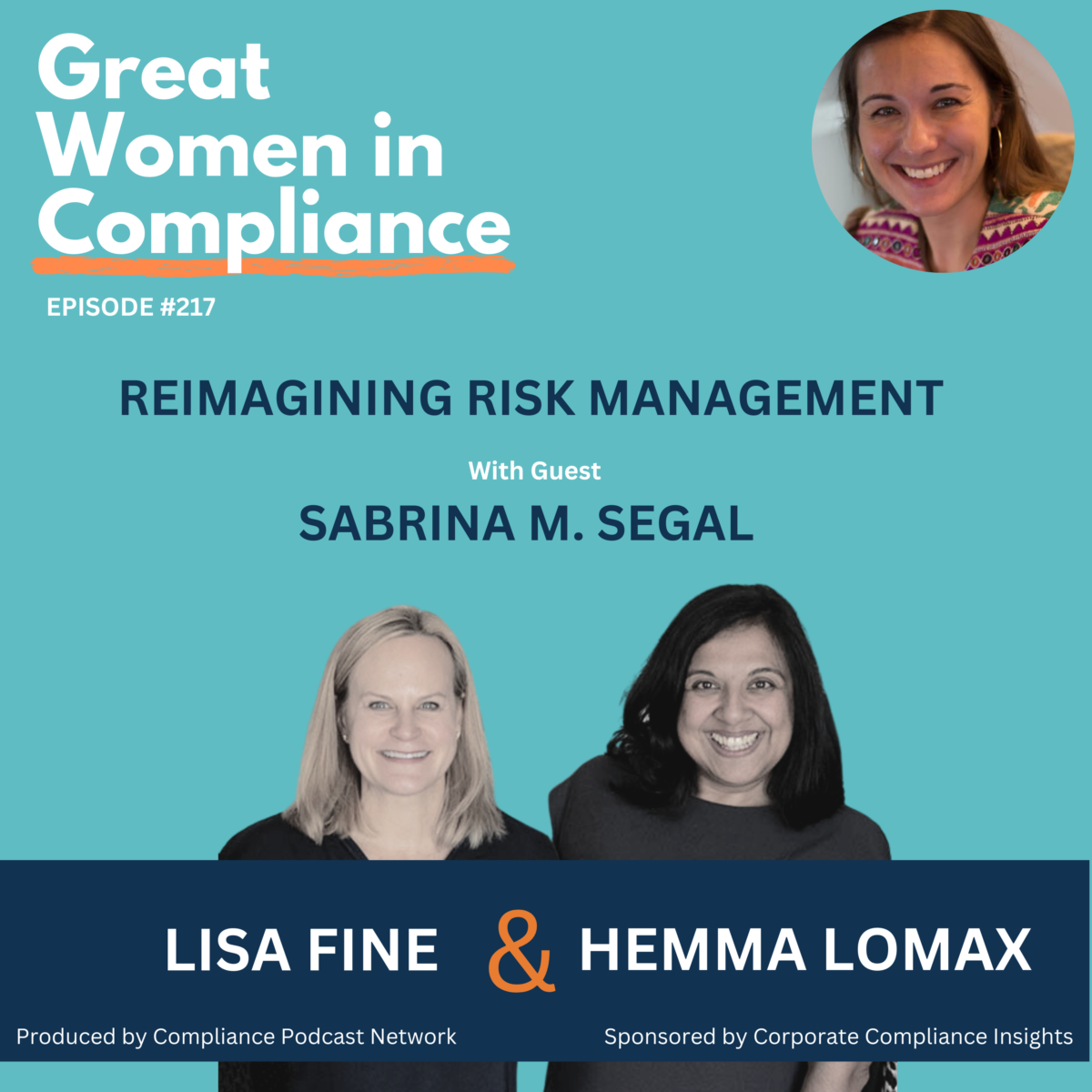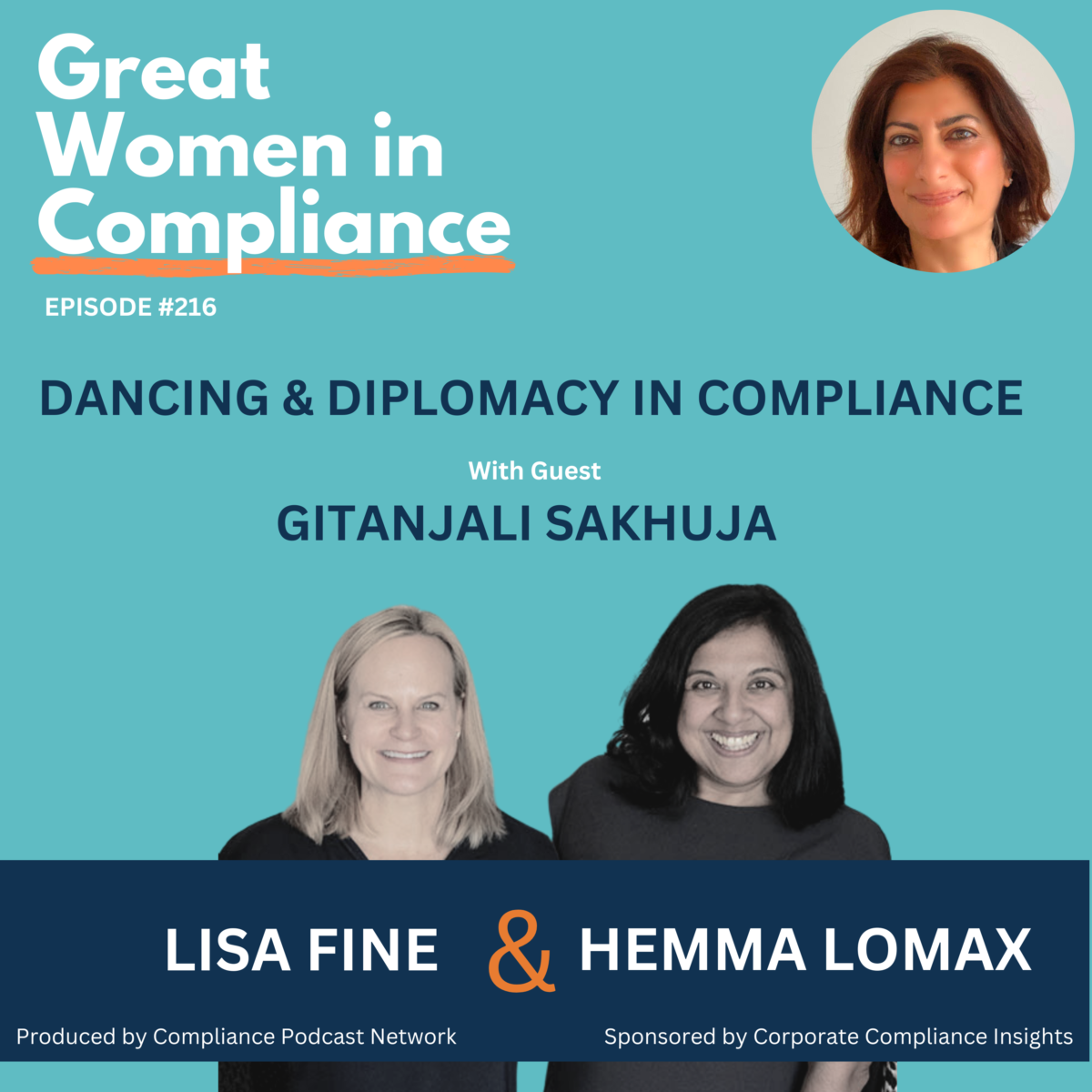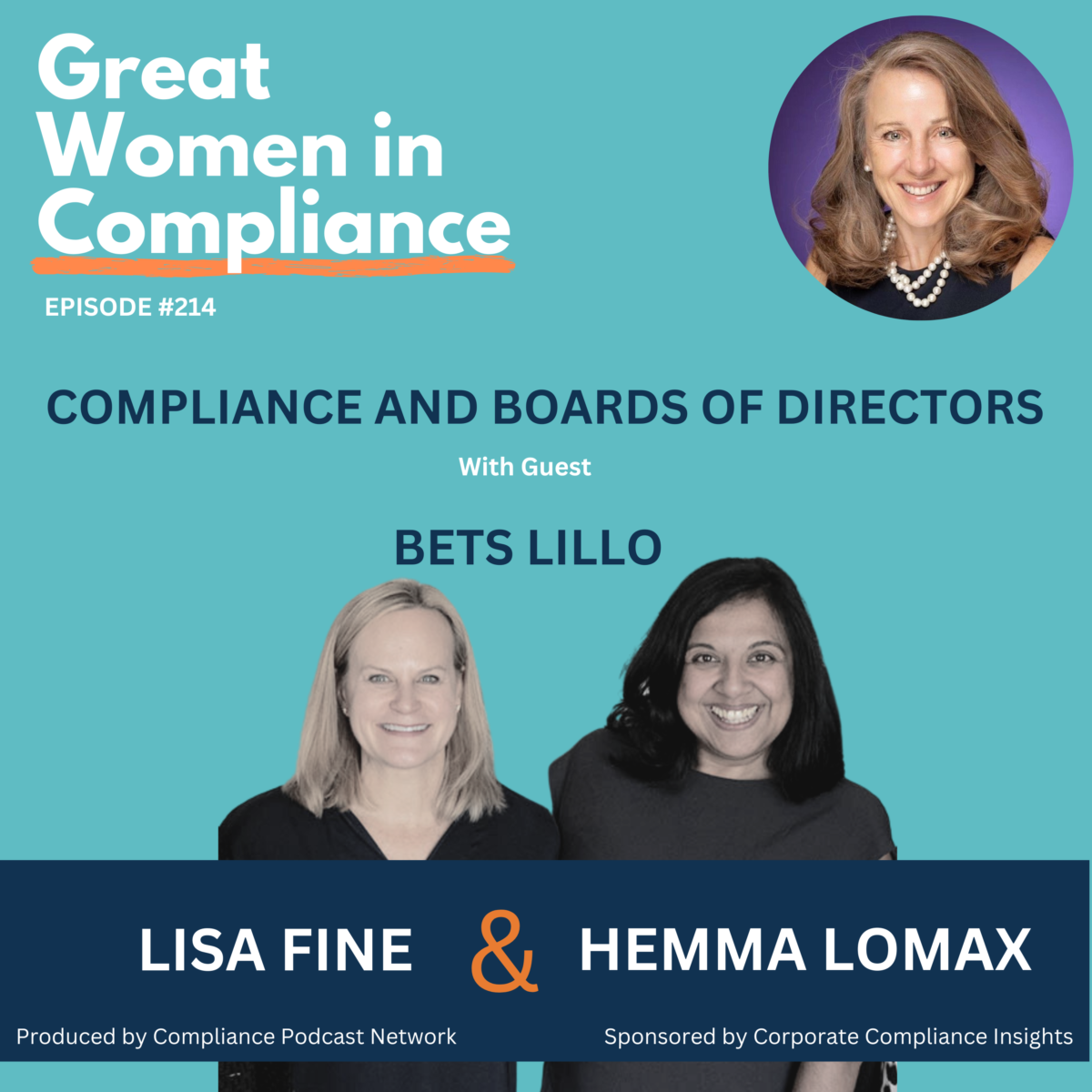In a recent Great Women in Compliance episode, hosts Ellen Hunt and Sarah Hadden were joined by guests Asha Palmer and Jason Meyer. They took a deep dive into the important topic of promoting neurodiversity and gender equality in the workplace. The episode shed light on the challenges faced by neurodivergent individuals, such as those with ADHD, autism, and dyslexia. It emphasized the need for understanding, inclusivity, and accommodation in the corporate world.
Asha Palmer is the Senior Vice President of Compliance Solutions at Skillsoft, overseeing the development and strategy of compliance learning solutions. With a passion for advancing the ethics and compliance community, Asha has dedicated her career to developing effective ethics and compliance programs for numerous companies worldwide. She is known for her program development, training, engagement, and risk assessment expertise. Asha’s commitment to promoting neurodiversity and gender equality in the workplace is evident through her contributions to the Great Women in Compliance podcast, where she discusses the challenges compliance professionals face in handling neurodivergent employees. She emphasizes the importance of risk assessment, awareness, and legal accommodations to create an inclusive and supportive work environment.
Jason Meyer is a prominent figure in promoting neurodiversity and gender equality in the workplace. He is the founder and President of Lead Good Education. Meyer has a wealth of experience supporting organizations in creating inclusive work environments. In 2023, he took a significant step towards this goal by launching the NeuROInclusion Initiative, a joint effort by his companies to embrace and include neurodivergent individuals in the workforce. With his expertise in producing custom education and engagement support for compliance teams and enhancing higher education compliance programs, Meyer actively promotes neurodiversity and inclusive practices through workshops, best practices, and expert counsel.
Neurodivergent individuals often process information differently, which can both benefit and challenge them in various work situations. Some individuals may even mask their neurodivergent traits, making it difficult for others to recognize their unique needs. However, creating a neuro-inclusive culture ensures everyone feels safe and empowered to express their needs and contribute to the organization’s success.
One of the key takeaways is the importance of compliance and ethics professionals in raising awareness about the risks associated with neurodivergence. By increasing awareness among teams, these professionals can help create a supportive environment that caters to the needs of neurodivergent individuals. This includes providing varied and digestible compliance training options accommodating different learning styles.
They also touched upon the issue of gender equality in the workplace, specifically highlighting the “pink tax” that women often face. The “pink tax” refers to the additional costs women may incur for products and services marketed towards them. This disparity not only affects women’s financial well-being but also perpetuates gender stereotypes and expectations.
To address these challenges, it is crucial to challenge gender expectations and create a culture of psychological safety. It is essential to encourage a culture where individuals feel comfortable speaking up and advocating for their needs. Compliance professionals, in particular, play a vital role in fostering this culture by promoting open communication and ensuring that policies and practices are fair and inclusive.
One of the key messages is the need to recognize and embrace neurodiversity as a natural part of the human experience. As Palmer stated, “We are a neurodiverse species.” By acknowledging and celebrating our differences, we can create a workplace that is good for all and critical for some. This means adopting approaches and practices that benefit everyone while also addressing the specific needs of neurodivergent individuals.
However, promoting neurodiversity and gender equality in the workplace comes with its own set of challenges. One of the main challenges discussed is the identification and inclusion conundrum. Neurodivergent individuals may not always disclose their condition due to fears of stigma, discrimination, or unrealistic expectations. Therefore, it is not possible to identify all neurodivergent employees, making it ineffective to impose separate training or burdens on them. Instead, the focus should be on creating a neuro-inclusive culture that benefits everyone.
Another challenge is the need for compliance and ethics professionals to consider the risks associated with neurodivergence. This includes understanding how neurodivergent employees interact with management, HR, and each other and ensuring that appropriate accommodations are provided when necessary. It is a nuanced challenge that requires a thoughtful and individualized approach.
In conclusion, promoting neurodiversity and gender equality in the workplace is a matter of fairness and inclusivity and a path to success. By embracing neurodiversity and challenging gender expectations, organizations can tap into all their employees’ unique strengths and perspectives. Compliance and ethics professionals are crucial in raising awareness, fostering a neuro-inclusive culture, and ensuring that policies and practices are fair and inclusive. As Sarah Hadden aptly stated, “Small steps, but big impact.” Through these small steps, we can create a workplace where everyone feels seen, valued, and empowered to reach their full potential.


